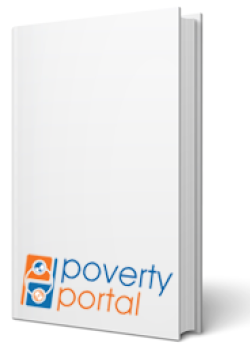The purpose of this paper is to provide a framework to understand how politics and
power operate within the market oriented economy of Sri Lanka. The paper consists
of four sections. The first section creates the background for the discussion the
follows by analysing the social composition of the political class that rules us today. This second section focuses on the political management of liberal economic reforms
begun in 1977.The third section focuses on the fate of the poor in this context, and the existing social relations that conspire to keep them in poverty.The final section tries to link this debate with the politics of the peace process, through a discussion on inequality or relative poverty.

